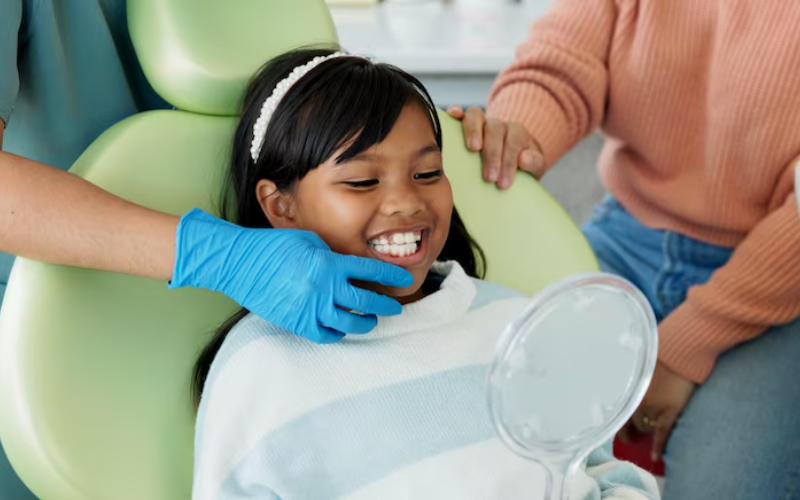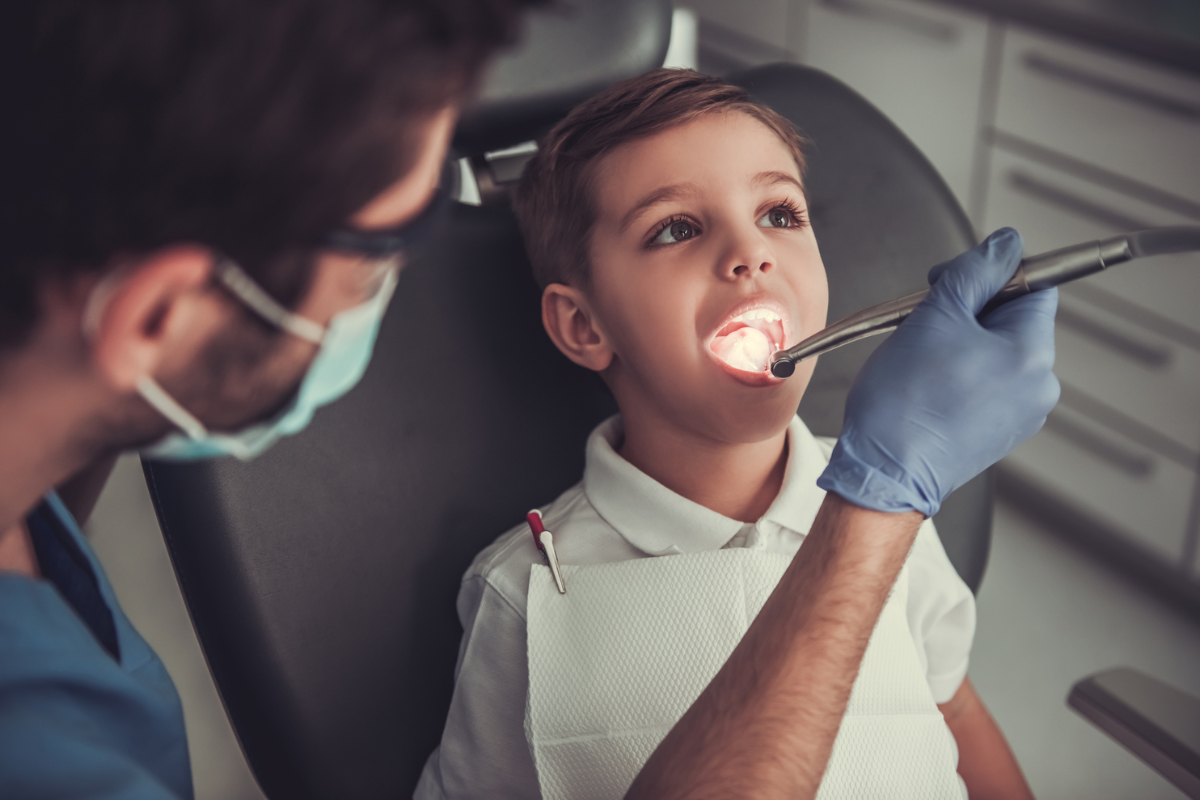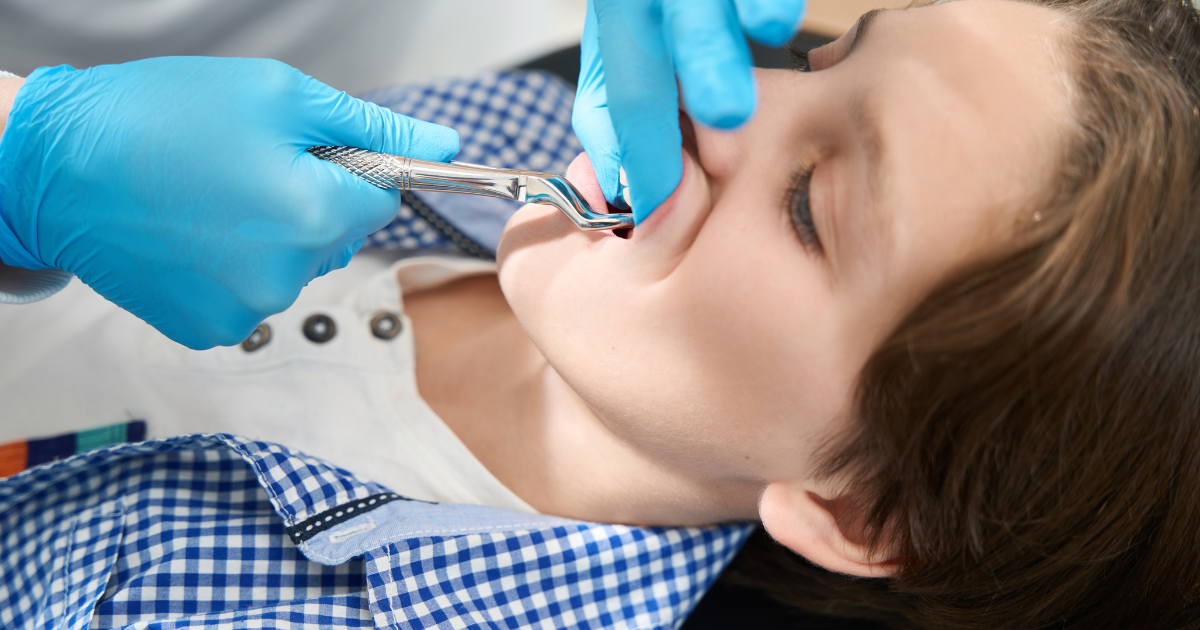1101-116 Grande Blvd, Cochrane, Alberta, T4C 2G4
The Impact of Thumb Sucking on Dental Development

Tiny fingers, sleepy eyes, and a thumb tucked into the mouth seem cute. However, it can damage their teeth. Thumb sucking during dental development isn’t as harmless as it appears. That comforting habit may lead to permanent dental problems.
Parents usually miss the subtle signs of thumb sucking during dental development. What begins as comfort can quietly alter a child’s oral anatomy. Thumb sucking during dental development can have more than just an impact on teeth.
Why Kids Suck Their Thumbs
Thumb sucking is a normal reflex that starts even before birth. It makes babies feel safe and self-soothe during stressful times.
Most children outgrow this habit between the ages of 2 and 4. Thumb sucking during dental development is dangerous if the habit persists for too long. It’s a default coping mechanism for boredom, tiredness, or stress.
Children use thumb sucking to soothe themselves when routines or surroundings change. While normal at first, it can become problematic as children grow and develop. A kids’ dentist in Cochrane, AB, usually notices the first signs of problems developing.
When Thumb Sucking Becomes a Concern
Thumb sucking on dental development begins to concern specialists after age 4. Elongated thumb sucking beyond this point will change the mouth shape. Intensity counts and vigorous sucking does more harm than light habit.
You have to watch for clues such as red thumbs, calluses, or buck teeth. Passive sucking is less damaging. However, it still requires attention.
When it interferes with talking, eating, or sleeping, it’s time to intervene. A children’s dentist can help you gauge whether it’s a serious issue. Early treatment significantly avoids long-term problems associated with thumb sucking on dental development.
Effects on Dental Development
The effect of thumb sucking on dental development can be quite dramatic. One of the most prevalent problems is malocclusion, characterized by crooked teeth. Overbite and open bite are two common outcomes of chronic thumb sucking.
This crookedness impacts appearance, chewing, and speaking skills. Jaw development may also be hindered, particularly when the palate becomes unnaturally narrow. The pressure exerted by thumb sucking can warp the upper jaw and soft tissues. This can lead to faulty bite patterns and orthodontic problems in the future.
Speech development can also be hindered by issues related to tongue placement. Thumb sucking on dental formation is likely to influence the way children make certain sounds.
Some of them may have a lisp or difficulty in clear articulation. Swallowing habits can also be altered and create additional problems in oral health.
Long-Term Effects
If you leave it unchecked, thumb sucking on dental development can have permanent effects. Permanent teeth misalignment is prevalent and necessitates years of orthodontic treatment.
Braces, retainers, and even jaw surgery can result from untreated thumb sucking habits. The upper teeth may protrude forward and lead to bite and aesthetic issues. These physical changes often trigger emotional impacts, especially in school-aged children.
Teasing from peers has the ability to damage a child’s self-esteem and social confidence. Children may avoid smiling or speaking and fear judgment about their teeth. Psychological stress combined with physical issues deepens the adverse effects.
A kids’ dentist commonly sees children hurt emotionally and physically by this habit. Thumb sucking on dental development impact smiles and emotional health.
Some children also experience anxiety about going to the dentist due to their condition. Leaving them on their own, however, the price, financial and emotional, can be suffocating. However, all of this can be avoided with early awareness and assistance.
Thumb sucking on tooth development is controllable with early and careful intervention. The sooner you deal with it, the smoother the process will be.
You have the tools, the knowledge, and the option. Let that decision create a healthier smile tomorrow.




